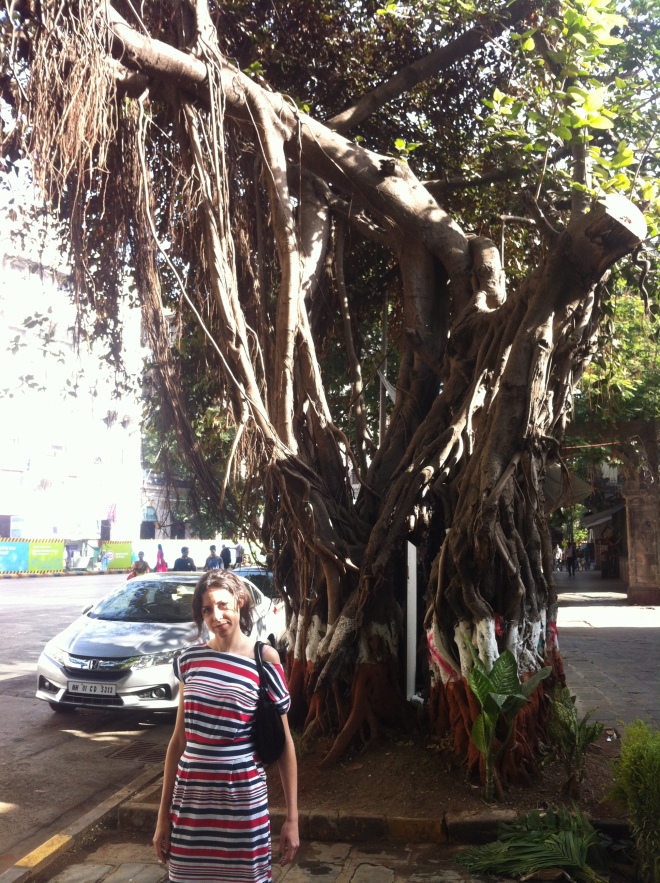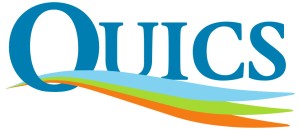Since I spend a lot of time in the train, there are people I happen to meet thanks to the accident of always sitting next to somebody.
Several weeks ago, a guy started the conversation with me because he saw the label on my computer with the name of my Institute… Turns out, he used some data gathered by somebody from Eawag, a few years ago. He is a psychologist, and the analysis he performed was concerning the territory of Zimbabwe. People that live there were introduced with, what might seem to be a simple method, to clean the water. All they had to do was get special bottles, keep the water in them for 6 hours on the sunshine and it would become drinkable. My first thought was that so many scientists must have struggled to make this method possible, probably a lot of analysis performed concerning the material and thickness of the bottles. They had to make it affordable but efficient. However, the citizens were very skeptical concerning the usage and effectiveness of these bottles. Perhaps they didn’t trust the person that was introducing this method to them. Perhaps there was some other reason making this method not so simple, that wasn’t taken into account. What the psychologists research showed is that not even 30% of the people adopted this solution…
This inspired me to think and to be aware of the bigger picture of every research. Every problem that needs to be fixed needs knowledge to be gathered wider than only within the scientific community. It needs engineers, scientists and sometimes even psychologists working together.
From the point of my background, I have been an exception in QUICS. I came from a scientific community that studies atmospheres of stars, interstellar matter, neutron stars… where all data is received almost exclusively from spectral lines. I thought that thanks to that, I will have a different perspective on uncertainty problems, but I realized that my different perspective comes from something deeper. It comes from my desire to achieve more general conclusions while conducting research, and my wish that the knowledge of the most intelligent and most educated people becomes implemented in real world systems, not only in theoretic scientific papers.
During my enrollment in QUICS I made an appraisal of two computational tools that are commonly used in two different communities and are built for exactly the same purpose. Very few or none of the researchers from one of those communities have heard of the method from the other community. Even though they could have benefited from it.
I still haven’t accomplished my aim that the research I do is *fixing the world’s problems*, but this is for sure a step towards that goal. Unfortunately, my enrollment in QUICS was shorter than for most other fellows, and after only a year I am summarizing my impressions and leaving QUICS.
I must say it has been such an experience that left a trace in my professional views as well as personal. I got a strong *introduction* to real science, discovered so many things and met exceptional people. I believe that the future research of the amazing group of people chosen for this project, as well as my future research, will contribute to solving some of the global issues and make the uncertainty smaller.
Truly grateful to have been a part of this project,
Sanda Dejanic.

